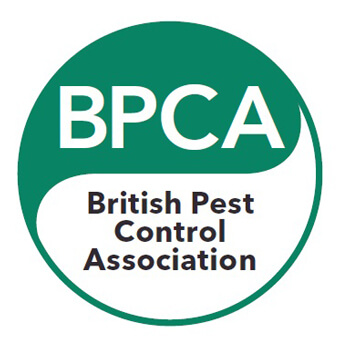A UK Rodenticide Stewardship Regime that will require pest controllers to hold certified ‘proof of competence‘ in rodent pest control before being allowed to buy and use professional anticoagulant rodenticides has been launched. This follows a cross-government ‘Oversight Group’ agreeing a set of high-level principles to assist industry in developing stewardship regimes to control the use of rodenticides.All anticoagulant rodenticide authorisations are undergoing renewal and, by 31 March 2017, only ‘stewardship conditions’-labeled products will be available, and only then to pest controllers with certified status. Until that date, anticoagulant rodenticides with pre-stewardship labels will remain available for use by non-certified users.
In addition to pest controllers, these conditions apply equally to their employees, gamekeepers and farmers as fundamental elements of the UK Rodenticide Stewardship Regime, according to chairman of the Campaign for Responsible Rodenticide Use (CRRU) Dr Alan Buckle. The professional use-only rodenticides in question – solid baits containing first or second generation anticoagulants (but not fumigant gases) will have legally binding label instructions that specify, “…for supply to and use only by professional users holding certification…” to rodenticide stewardship requirements.
Sixteen training courses have now been approved by CRRU for compliance with stewardship conditions, along with an approved update certification, all aligned with the recently published CRRU Code of Best Practice.
CRRU’s Dr Alan Buckle emphasises that the HSE-led government panel overseeing the scheme will be monitoring the impact of stewardship closely for reduced wildlife exposure to rodenticides and improved user practices. He says significant beneficial changes will be essential to ensure future access to rodenticide baits without further restriction.
Regulatory risk assessments concluded that the outdoor use of First and Second Generation Anticoagulant Rodenticides (FGARs and SGARs) present a higher level of risk to animals such as predatory birds and mammals, than would normally be considered acceptable. As a result, outdoor use of these rodenticides would normally be banned. However the Government recognises that, despite carrying these risks, outdoor use of rodenticides is sometimes necessary as part of properly managed rodent control strategies. Government must be assured that the risks will be properly managed, via an industry-led stewardship scheme
“The future availability of these products, so important in animal and crop husbandry, food hygiene and public health, is now more than ever in the hands of their users,” adds Dr Buckle. “The CRRU Code of Best Practice defines measures which, if thoroughly and effectively applied, will permit the continued use of anticoagulants with the minimum adverse impacts on non-targets.”
The Oversight Group consisting of officials from HSE, HSE NI, DEFRA, Public Health England, Natural England, the Welsh and Scottish Governments and an independent scientific adviser, have agreed the principles that industry must follow if they want to set up a stewardship regime.
The Rodenticide Stewardship Regime is built on:
- Using Integrated Pest Management, including use of rodenticides, involving a hierarchy of risk controls for rodents;
- Using rodenticides responsibly, when demonstrated they are needed, because of their potential threat to human, animal health and the environment;
- Being applicable to all suppliers, handlers and professional users of rodenticides approved under stewardship to address these risks;
- Being robust, effective and workable, while remaining as simple as possible;
- Covering the whole life-cycle of the rodenticide products: manufacture, supply chain, end-use, disposal and environmental fate;
- Enabling good practice in the control of rodent populations as part of an integrated pest management system, while minimising resistance build-up and secondary poisoning in non-target species;
- Delivering key benefits such as:
- governance of the supply chain, which gives governance over and provides the driver for later stages;
- a competent workforce capable of delivering stewardship standards and of demonstrating an appropriate understanding and attitude toward case-specific control of rodents and use of rodenticides; and
- monitoring compliance with the regime and its environmental impacts, and if possible of the level of conflict reduction – i.e. an assessment of whether rodenticides and stewardship together are actually tackling the problems.
|

